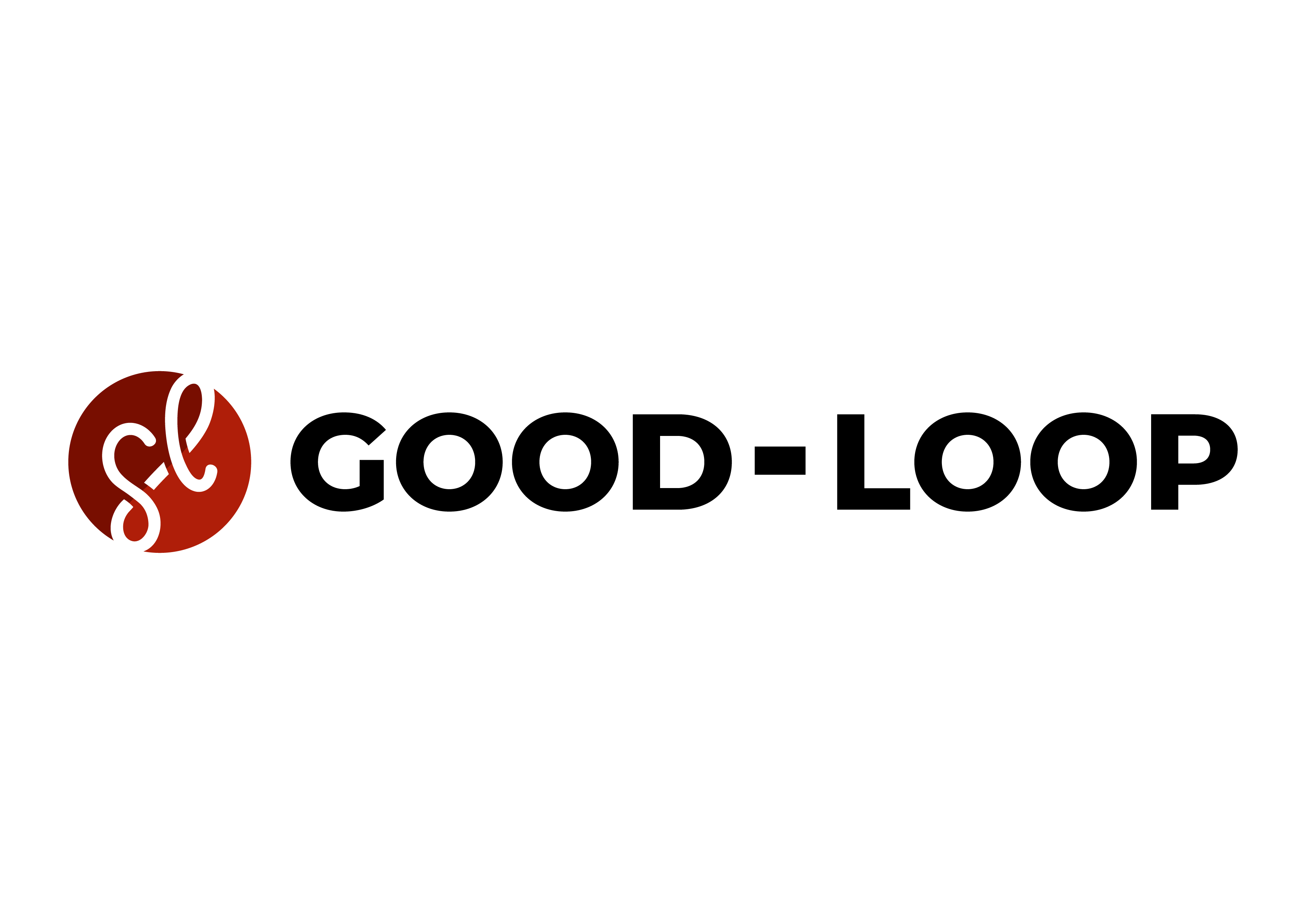Climate Week was back in person this year - and it did not disappoint.
While every industry got together in New York to discuss, debate and decide on actionable change, one message rang the loudest:
"A commitment is the first step you must take, not the last" - Climate Group CEO, Helen Clarkson.
The Good-Loop team was out in force throughout the week, and it was a privilege to be among the biggest names and trailblazers in the climate space.
But what were the five biggest takeaways from the event?
Well, there was a lot to take home and digest, but here are our top picks.
Enjoy!
1. Financing is key
The key to unlocking climate solutions is financing. At every panel across Climate Week, this rang true.
At Doconomy Arrivals, members of global banks acknowledged that sustainability and impact are no longer being asked for by customers, they're demanding it. But in order for countries to adapt to climate change, they need the necessary funds to protect them from loss and damage. Whether it's privately or publicly funded, it is vital in order for no one to be left behind.
Al Gore, the former US vice president turned climate activist, said "financing solutions" will play a key role in helping to solve the climate crisis in the US, and that "unequal access to private capital has to be fixed in order to help nations such as Africa power up renewables".
2. Climate change particularly impacts women
Are we surprised? We heard from Vanessa Nakate, Founder of the Rise Up Movement, and Ayakha Melithafa, a South African climate activist, on how climate change is more than just data points and statistics.
It was harrowing to hear the stories of how in Africa, women and children suffer most from climate change. Climate crises do not discriminate against who they impact. However, those less protected by society will be hit a lot harder. In the wake of climate change destroying existing livelihoods, women are typically left behind and trapped in dangerous situations, whereas men and boys have the freedom to relocate to find better circumstances.
Women are not recognised as farmers, even if they often engage in agricultural practices because of gender norms and a lack of land rights. That then restricts their access to finance, information and services that protect them against climate-related damages such as drought.
The results of this can be devastating. Loss and damage suffered by less economically developed countries goes beyond a question of adaptability, especially for those made most vulnerable to its effects: "no one can adapt to extinction and starvation".
3. Collaboration and supply chain
We attended the session with Jennifer Merli, VP of Sustainability at Mastercard, and Maria Mendiluce, CEO at We Mean Business, on "How do we accelerate a sustainable supply chain - who is leading on Scope3?".
Jennifer pointed out that defining their role with their suppliers is key to getting started on tackling emissions. The value chain, which is heavy on media and marketing, is where they have 'the biggest nut to crack' on understanding the challenge they face with Scope3 emissions.
"We must bring our people along with us - and have science-based target initiatives" said Maria. There is a shared responsibility to go to tier one suppliers and demand that they have SBTIs in places. Without collaboration, we won't reduce Scope 3 science-based targets because people will be left behind. "Build political will within your own organisations to make sure conversations beyond pricing happen."
One fantastic example in the industry is PepsiCo's end-to-end business transformation strategy. Its goal is to reduce Scope 1, 2 and 3 emissions by 40% by 2030. One of the most important factors of their strategy is supply chain partner engagement - the energy use of their three major business partners globally is 42% of PepsiCo's total 63 million tonne footprint. Collaboration is key to ensuring they become climate-positive across all areas of their supply chain.
4. "What's needed is political will"
Democracy is a prerequisite for climate action and autocracy is devastating to the environment.
Gore said: "We have everything we need to fix the climate crisis, we need to renew political will."
If and when we reach Net Zero, the temperature will stop rising within a lag of 3-5 years. If we stay there, half of all human-caused GHG emissions will fall out of the atmosphere in 20 to 30 years' time. One of his potential political solutions included a 'global carbon tax', which would see the taxation of energy and fuel companies. Although this has proved controversial, it's of vital importance that we do see immediate and significant political action.
And who better to lead the way? On being asked about the USA's role in the climate crisis, Gore stated that there needs to be a "worldwide response", and that the US are "the only nation that can rally global communities to make change".
5. Change is possible - but it cannot be done alone
One significant partnership that stood out from the week was Parley and Dior (Parley X Dior), who teamed up to create a capsule collection of items that support the Parley X10 impact programme for World Ocean Day. This initiative guaranteed that 10 times the equivalent of each product's carbon and plastic footprint will be intercepted from nature, the development of new materials that can replace plastic long-term is funded, and the use of new virgin plastic is avoided.
Global positive change at scale is possible, but we can't wait for the perfect solution. "If you wait until the data is perfect, you won't start, you need to spring to action and revise along the way,'' said Lisa Martin, Chief Procurement Officer, GSK.
As Al Gore said, "the anecdote to climate anxiety is climate action" - so let's just get on with it.

